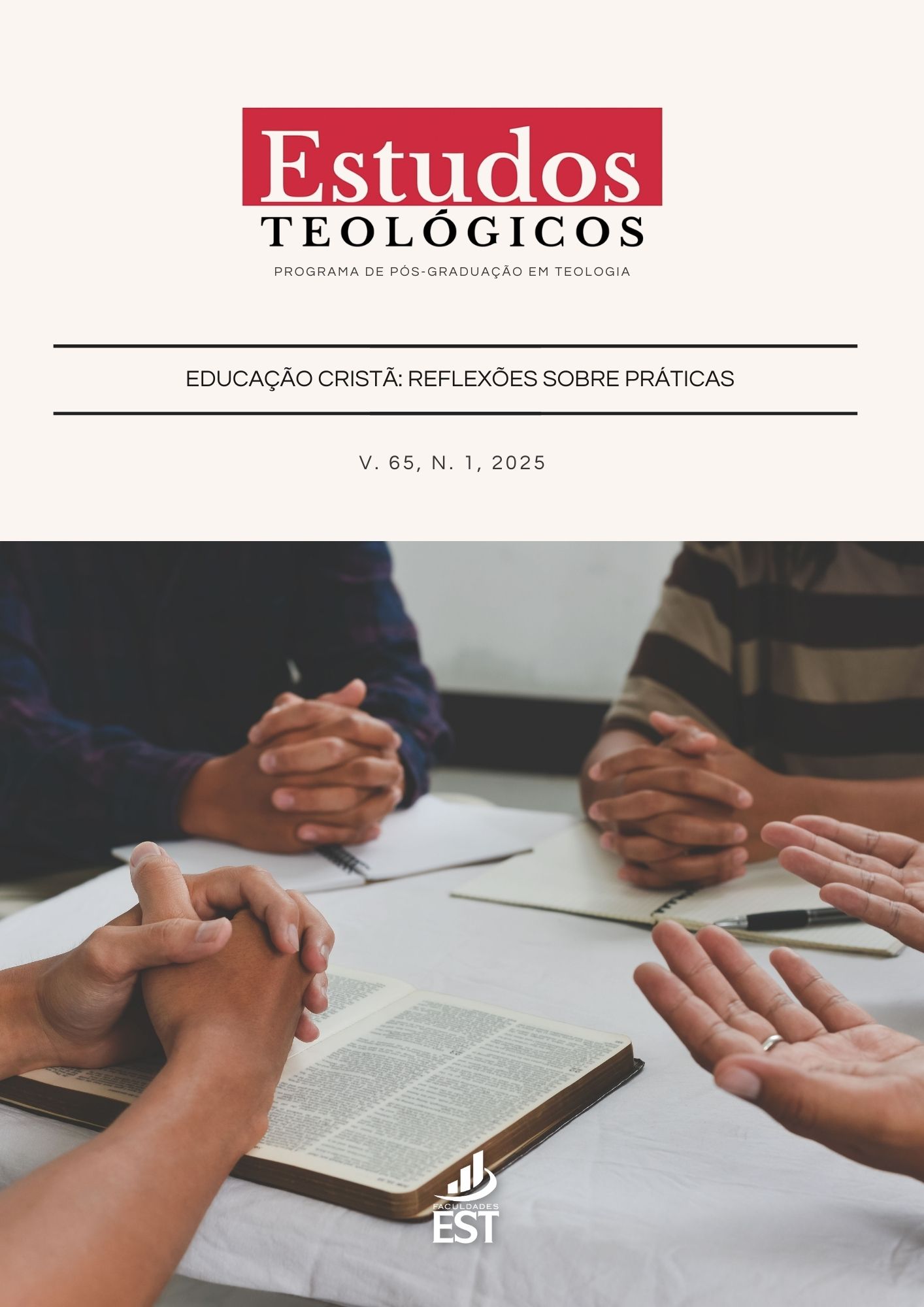Christian Education
Reflections on Contemporary Practices
DOI:
https://doi.org/10.22351/et.v65i1.4171Keywords:
Christian education, Holistic formation, Discipleship, Transformation, Faith and realityAbstract
Christian education, since its origins in the catechumenate, has been configured as a holistic formative process centered on community life, ethics, and spirituality. Inspired by Greek paideia, it aimed to shape the character and faith of beginners, culminating in Baptism. In the Patristic period, thinkers such as Augustine emphasized interiority and catechesis as a pedagogical method. In the Middle Ages, Scholasticism reconciled faith and reason, with Thomas Aquinas as its main exponent. The Protestant Reformation expanded access to education, emphasizing Bible reading and the role of the family, with Luther and Calvin advocating for a universal and humanistic formation. From the 17th to the 20th century, the Enlightenment criticized Christian education for limiting reason and freedom, proposing a secular and state-run education. However, in Reformed regions, Christian faith engaged in dialogue with reason, maintaining its ethical influence. In the Americas, Christian education expanded with colonization, marked by Indigenous catechesis and religious instruction. In the 19th century, confessional schools grew, and in the 20th century, Christian education incorporated science, citizenship, and human rights. The Comunidades Eclesiais de Base (CEBs), linked to Liberation Theology, promoted popular and critical education, strengthening faith as a tool for social justice. Sunday Schools and Integral Mission consolidated evangelical Christian education by integrating biblical teaching, character formation, and social action. Influenced by Paulo Freire, contemporary Christian education values the dialogue between faith and reality. Christian learning is continuous, relational, and transformative, involving cognition, affectivity, and attitude, forming followers of Jesus committed to the Gospel and the transformation of society.
Downloads
Published
How to Cite
Conference Proceedings Volume
Section
License
Política de Acesso Livre
A Revista Estudos Teológicos é de acesso livre, o que significa que todo o conteúdo está disponível gratuitamente, sem custos para o usuário ou sua instituição. Os leitores podem ler, baixar, copiar, distribuir, imprimir e compartilhar os links para os textos completos dos artigos, desde que com a devida atribuição de autoria e fonte original, conforme a licença abaixo.
LICENÇA CREATIVE COMMONS
Esta obra está licenciada sob uma Licença Creative Commons Atribuição-NãoComercial 4.0 Internacional (CC BY-NC 4.0).












